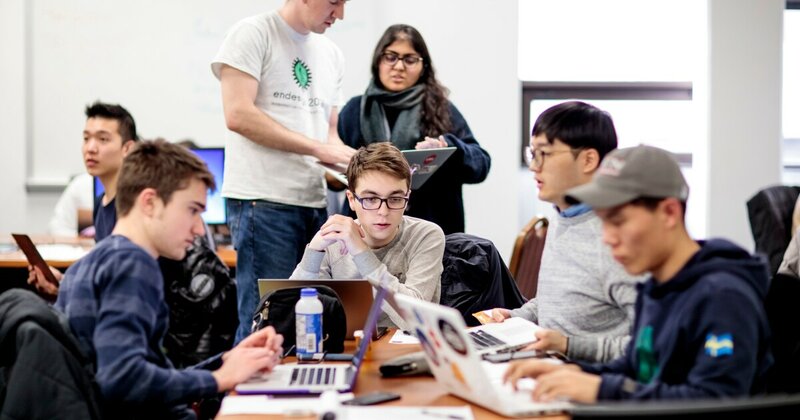Scientists and students at Washington University are using artificial intelligence to tackle social and environmental issues, thanks to a $3 million grant from the National Science Foundation.
The Artificial Intelligence Advancements and Convergence in Computational, Environmental and Social Sciences program aims to find new ways to use AI across multiple disciplines.
The program adds an environmental focus to the Wash U's AI research efforts across computer science and social sciences, AI-ACCESS Director William Yeoh said.
“We wanted to also expand to the environmental science space, especially given the reasons, immediate concerns about climate change and the effects of climate change on the different communities within the U.S.,” said Yeoh, an associate professor of computer science and engineering at Wash U. “We felt that this intersection between these three different areas, AI, social science and environmental science is something that would require a lot more attention and tools of different disciplines to work in this interdisciplinary space.”
The university is recruiting 49 students for the program, which has received $3 million in funding from the National Science Foundation over five years.
The program starts as scientists continue to ring the alarm on the threat of climate change. Many scientists say that the world's countries can limit the rise in global temperatures to 1.5 degrees Celsius, as established by the Paris climate agreement.
Using AI to help researchers in environmental and social science can help policymakers better understand and make policy changes and help local communities, Yeoh said.



 Science
Science Artificial Intelligence (AI)
Artificial Intelligence (AI) Environment
Environment Society
Society Research
Research


